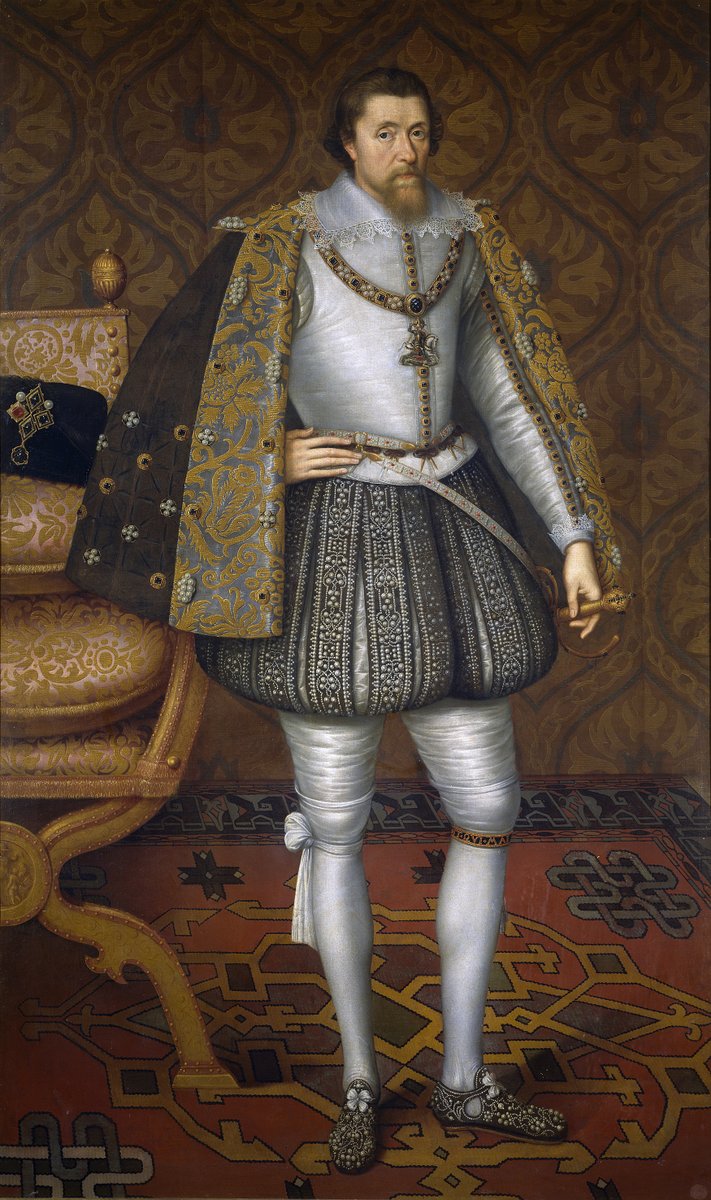
A princess, adopting a new nation and a new faith on marriage, seizing its throne and becoming one of the most formidable rulers that the nation and Europe ever saw.
Story in the evening...
Story in the evening...
https://twitter.com/Arby_K/status/1349907291026321409
Sophie Augusta Friederike was born in 1729 to Prince Christian August von Anhalt-Zerbst and Johann Elisabeth von Holstein-Gottorp. Her mother's brother, Adolf Friedrich, had become the King of Sweden in 1743 while a cousin had married the daughter of the Russian Tsar Peter. 1/10 

This cousin had a son, Karl Peter Ulrich, who had been named as heir by his aunt, Empress Elisaveta, after she seized the Russian throne in 1741. The Empress would also arrange for the marriage of Karl with Sophie. They married in 1745 and converted to the Orthodox faith. 2/10 

Baptized as Peter and Ekaterina, they moved to Russia, though Peter was also the ruling Duke of Holstein-Gottorp. In 1720, Gottorp had lost their possessions in Schleswig to Denmark. The Duchies of Schleswig & Holstein had been divided between the Oldenburg branches in 1544. 3/10 

After defeating Prussia at Kunersdorf in 1759, Russia was in a powerful position in Europe, but the death of the Empress in early 1762 would put a brake on it. The new Tsar Peter III would sue for peace with Prussia, as he tried to regain his possessions in Schleswig. 4/10 

Estranged from her husband, Ekaterina was pregnant with her illegitimate child with Grigory Orlov at the time of Elisaveta's funeral. After giving birth in April, she became Empress in July 1762, after her husband was overthrown in a coup. 5/10 

She would unsuccessfully attempt to initiate reforms early in her rule, but it would be the wars against the Ottomans and in Poland that would make the early mark of her rule. As the Russian forces defeated the Ottomans, Russia gained territories in Crimea and the Caucasus. 6/10 

A rebellion in 1773 for freeing the serfs led by Yemelyan Pugachev would be put down by the Russian army. The same year Ekaterina would also sign away her son's claims in Schleswig and Holstein and forge an alliance with Denmark - Norway. 7/10 

In 1783, eastern Georgia would become a protectorate of Russia, removing itself from Persian influence. This would be a stepping stone for annexation of Georgia by 1810. Ekaterina would continue the patronage of arts and science from her predecessor. 8/10 

In 1764, Ekaterina had backed a Polish noble, Stanislaw, to be the head of the Polish Lithuanian Commonwealth. But during his reign, the Commonwealth was partitioned off between Russia, Prussia and Austria, finally disappearing from the map in 1795. 9/10 

Ekaterina died in 1796 living behind a far stronger Russia than she got, though she was essentially an usurper ruling in her son's name. Her son Pavel finally succeeded his mother after her death, but would be killed in a coup in 1801, like his father. 10/10 

• • •
Missing some Tweet in this thread? You can try to
force a refresh














